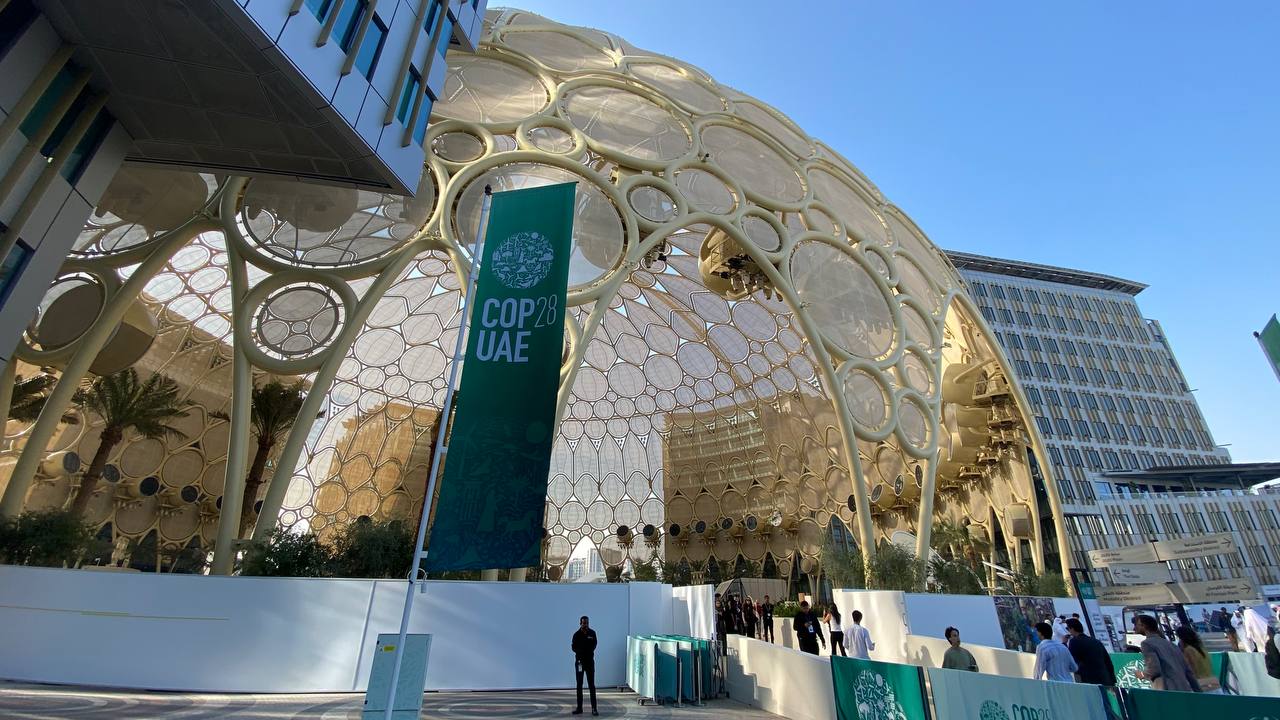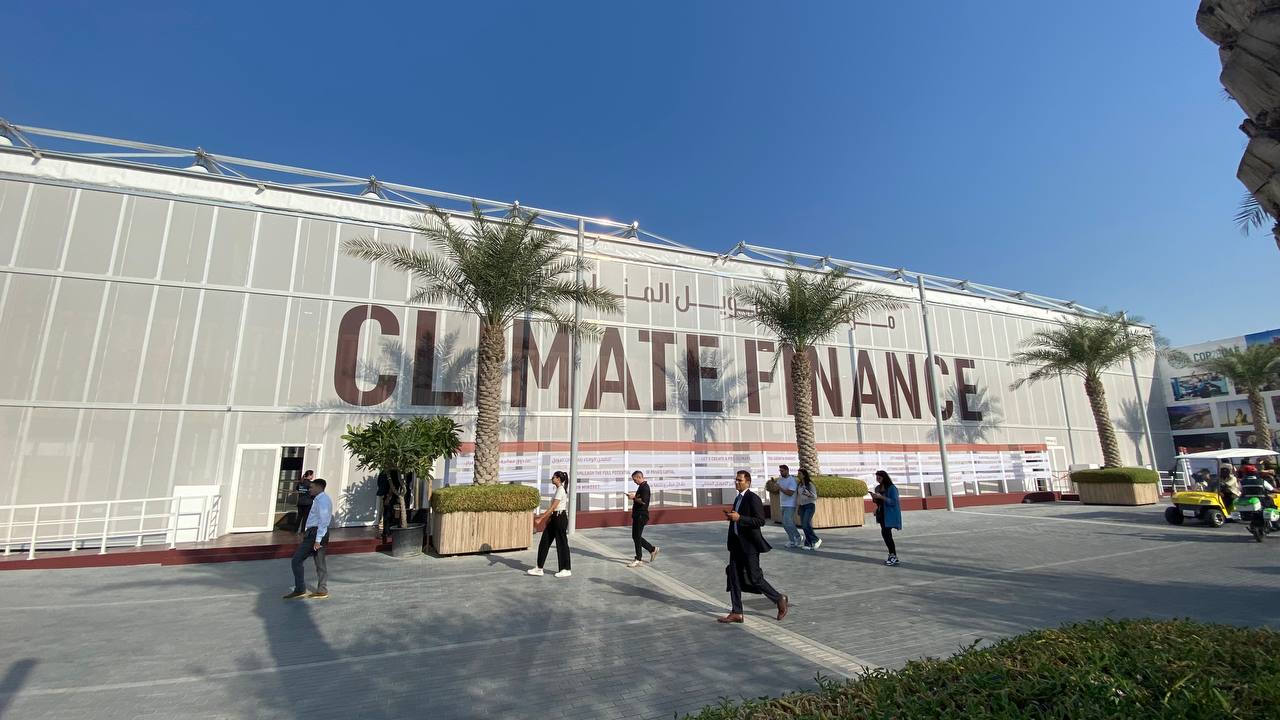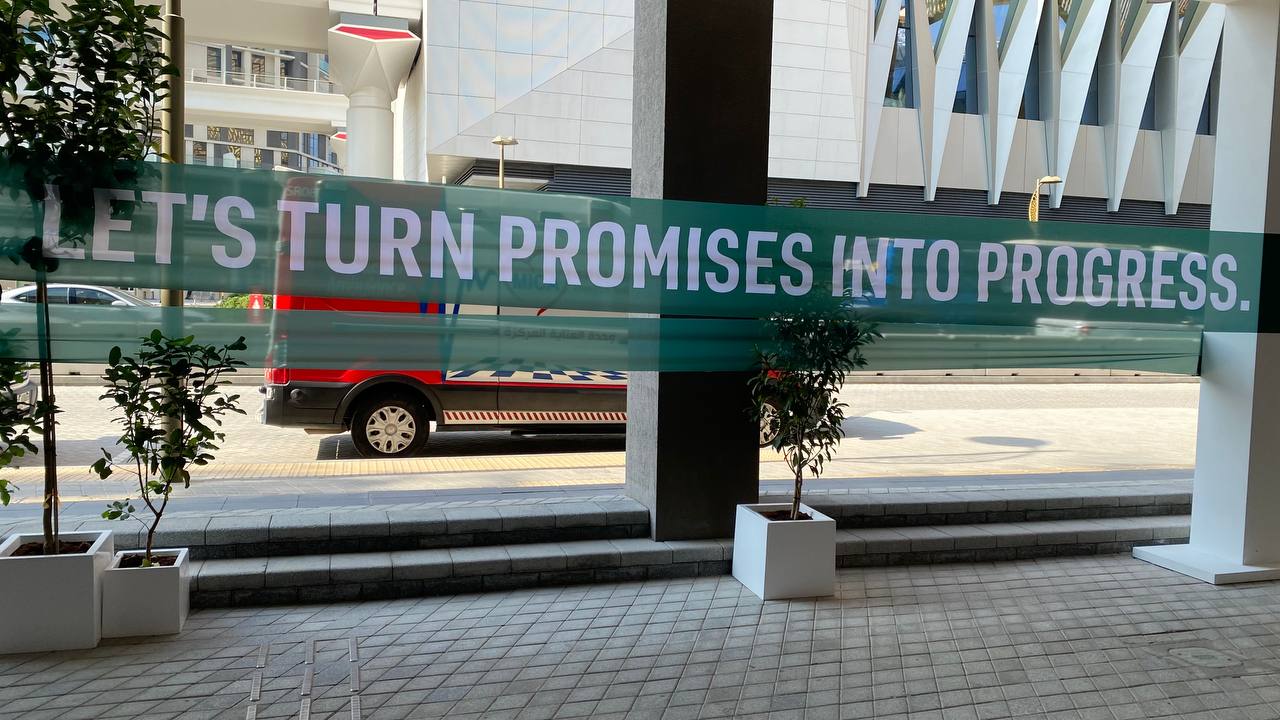As the 2023 United Nations Climate Change Conference (COP28) takes place in Dubai, United Arab Emirates, many projects have participated in climate action by launching blockchain-based initiatives.
From November 30 to December 12, diplomats and leaders from around the world will gather in Dubai’s Expo City to promote climate action initiatives. Among those participating in the event were blockchain projects, who believe that blockchain technology has the power to contribute to climate action.
From trying to transform waste management to tracking carbon emissions using blockchain technology, blockchain projects joined efforts to save the environment as the world’s most important climate summit kicked off.

Bringing transparency to climate finance
On December 4, Envision Blockchain and the HBAR Foundation partnered with the United Nations to create a new set of decentralized technology to streamline carbon markets. The organizations jointly announced the open-source Managed Guardian Service platform that focuses on digitized and digital measurement, reporting and verification (dMRV) for carbon markets.
UN Climate Change Global Innovation Hub and Envision developed and built the platform on Hedera Hashgraph. The project aims to transform carbon markets using blockchain technology.
On December 5, scientific research center Technology Innovation Institute (TII), the applied research pillar of Abu Dhabi’s Advanced Technology Research Council (ATRC), unveiled a blockchain-powered platform that enables verifiable carbon trading. The project aims to play a crucial role in green investments and accelerate the path to net zero emissions.
Dr. Najwa Aaraj, principal researcher at TII, said in a press release that the tracking and trading platform “protects the integrity of transactions and user privacy while ensuring auditability and transparency, making it a perfect tool for a new era of confident carbon trading.”
According to the announcement, the platform will enable the creation of tokens that represent an amount of carbon dioxide removed from the environment. These tokens can be stored and traded. The platform aims to stimulate investments in green projects such as afforestation and carbon capture. With blockchain, the TII noted that tracking and tracing of products throughout their entire supply chain journey would be possible.

On December 7, a partnership between three organizations, Allcot IO, the Carbon Opportunities Fund and Tolam Earth, unveiled its initiative to create digital carbon credits. In an announcement to Cointelegraph, the organizations emphasized that the partnership aims to advance a sustainable future and promote transparency in climate finance.
With this collaboration, the organizations will adopt the Guardian open source platform, powered by Hedera’s distributed ledger network. One of the initiatives includes the development of environmental assets compatible with Guardian. The assets will have verifiable digital features that allow tracking of evidence supporting the claim that projects are delivering tangible and positive environmental outcomes.
Related: Web3 companies to support ecosystem development through subsidies amid market upturn
In addition to bringing transparency to climate finance, other organizations are also making various contributions to climate action efforts. On December 7, crypto exchange KuCoin announced a $100,000 donation to multiple projects addressing climate change and sustainable development.
The exchange donated the money to the Global CSR Foundation, the American Medical Women’s Association (AMWA) and the African Children’s Solar Lamp Project. The projects will use the money to protect babies and children from pollution, provide solar lighting in Africa and help young women from socially disadvantaged communities.

Meanwhile, other organizations plan to continue efforts even after the COP28 summit. On December 6, DLT Earth announced a hackathon event for the development of digital climate methodologies. To bring greater transparency to climate market assessments, the DLT Science Foundation (DSF) has partnered with HR to host a 12-week virtual hackathon starting January 8.

